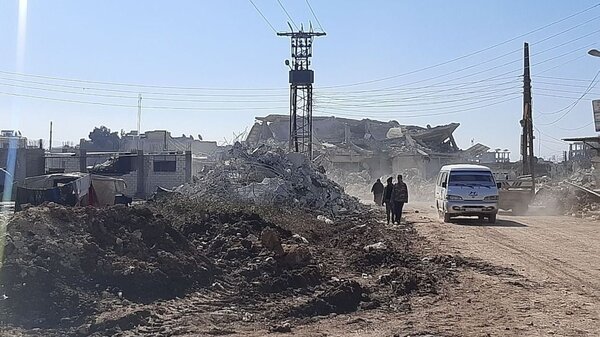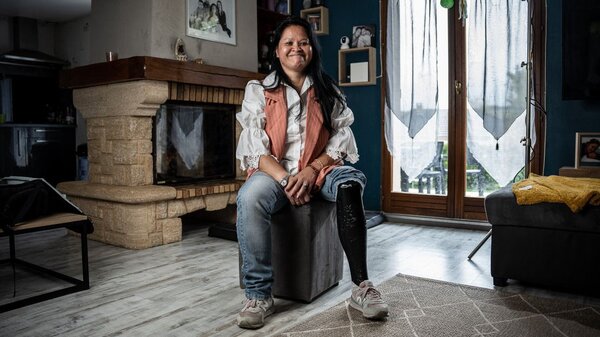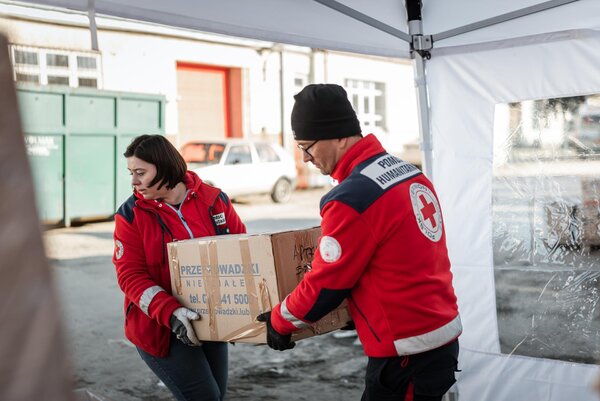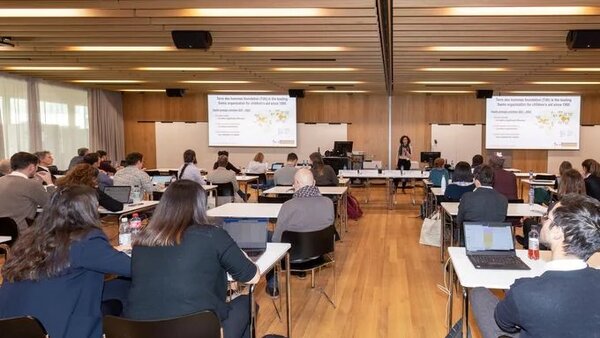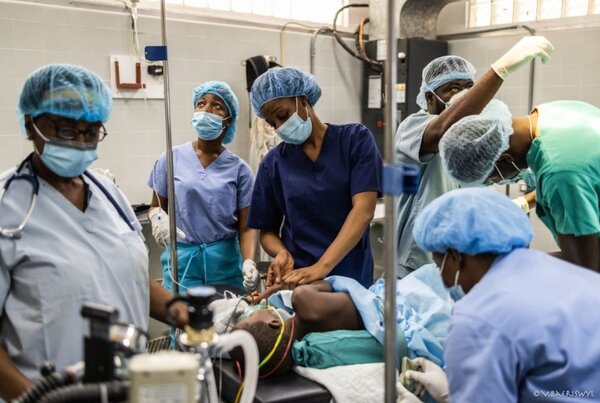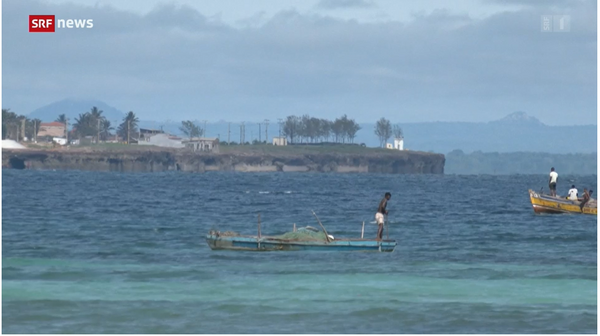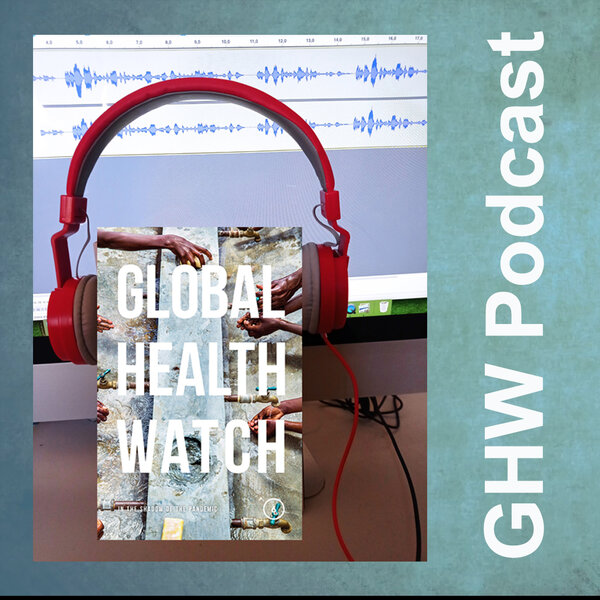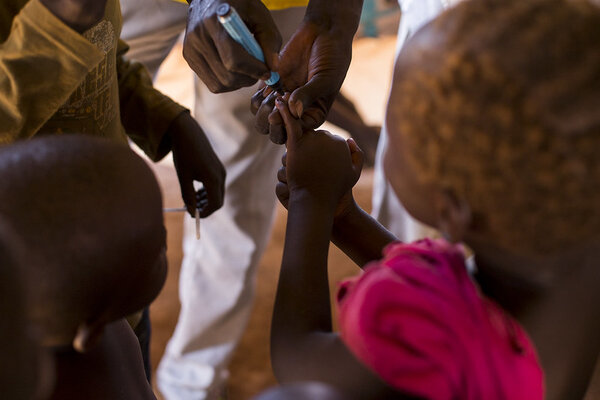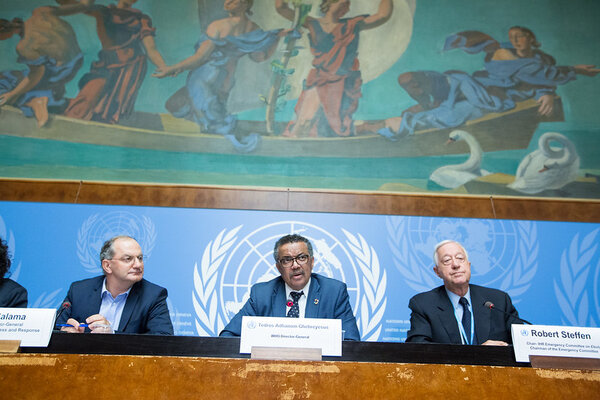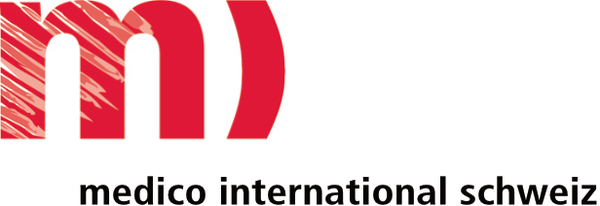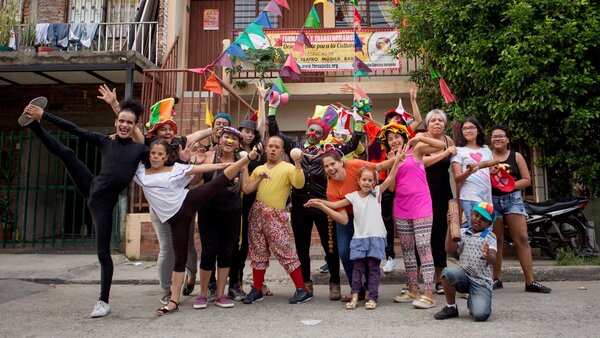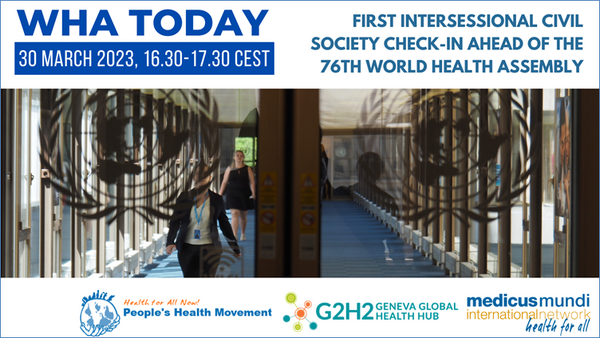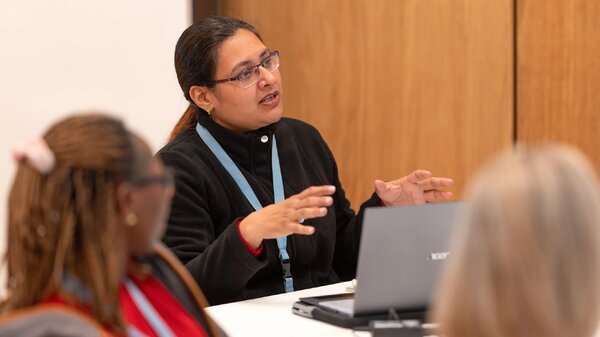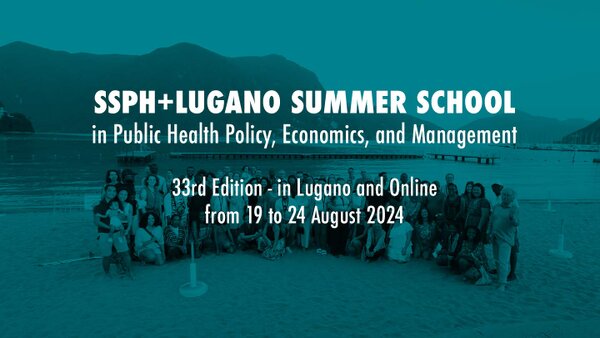Dans certaines régions, ce sont les fondamentalistes religieux qui s’y opposent ; dans d’autres, on observe des mouvements politiques visant à remettre en question les communautés queer et les droits des femmes en général, y compris le droit à l'avortement.
Malgré des engagements au niveau mondial comme les objectifs de l’agenda 2030 de l’ONU (ODD) et le programme d’action de la Conférence internationale sur la population et le développement (CIPD, le Caire 1994), ainsi que les progrès réalisés au cours des dernières années grâce à un meilleur accès à la contraception, cela ne suffit pas !
Par exemple, 60% des grossesses non désirées se terminent aujourd’hui par un avortement, dont environ 45% sont pratiqués dans des conditions dangereuses. De plus, chaque année, entre 4,7 et 13,2% des décès maternels dans le monde peuvent être attribués à des avortements à risque.
Le manque d'accès à des d'avortements sûrs, rapides, abordables et respectueux est un des problèmes cruciaux de santé publique qui se concentre de façon croissante dans les pays du Sud, et, plus particulièrement, au sein des populations en situation de vulnérabilité et de marginalisation. Ce manque d’accès peut entraîner des complications physiques et mentales, des charges sociales et financières pour les femmes et les communautés, ainsi que des défis énormes pour les systèmes de santé.
Se pose alors la question :“Quelles sont les bonnes stratégies pour renforcer les droits sexuels et reproductifs dans des contextes particulièrement difficiles ?”
Les différentes contributions lors de notre prochaine conférence MMS aborderont, d’une part, les nouvelles façons de résister aux forces (néo)conservatrices qui cherchent à empêcher la montée des mouvements de femmes et de queers locaux, et, d’autre part, les défis auxquels est confrontée la coopération internationale en matière de santé. Elles montreront ainsi comment les femmes, les hommes et les communautés LGBTQIA+ se défendent pour ne plus être victimes de discrimination et de stigmatisation.
En particulier, parmi nos intervenantes et intervenants, nous accueillerons trois femmes militantes représentant trois générations qui discuteront des enjeux et des stratégies du travail sur la santé et les droits sexuels et reproductifs au Sénégal durant les cinq dernières décennies.
Des sujets brûlants que nous aborderons avec vous lors dela conférence qui aura lieu (en anglais) à Berne le 19 avril 2023.
Venez nombreuses et nombreux et inscrivez-vous dèsinscrivez-vous dèsmaintenant !
Andréa Rajman
Réseau Medicus Mundi Suisse
E-Mail





